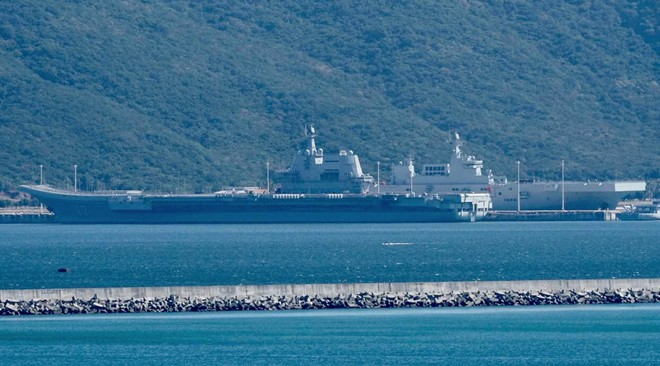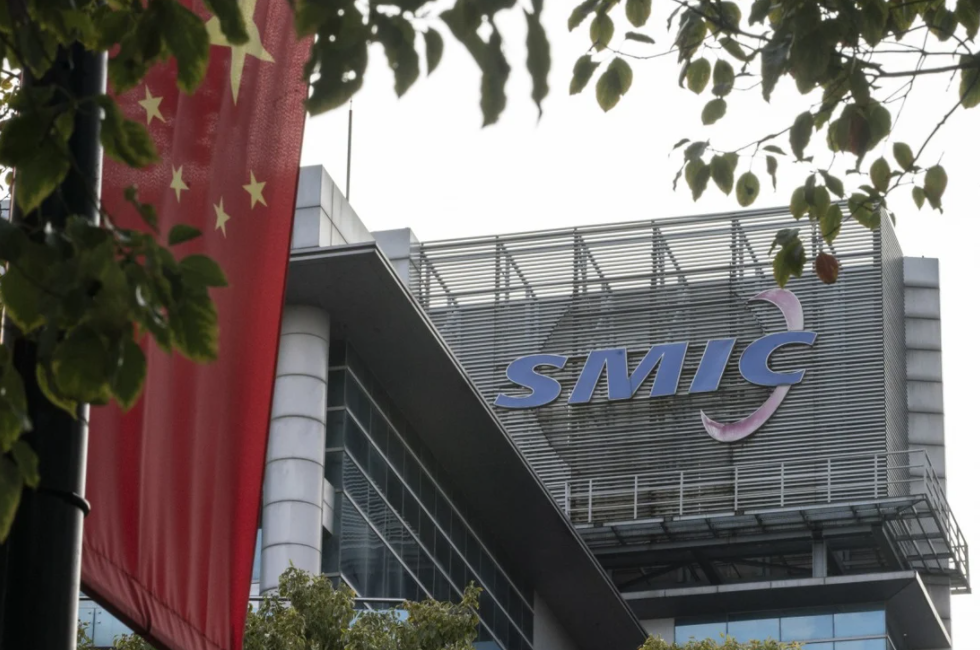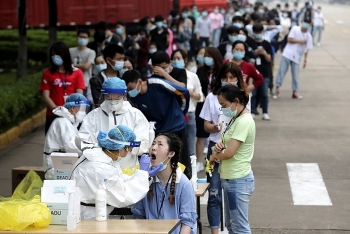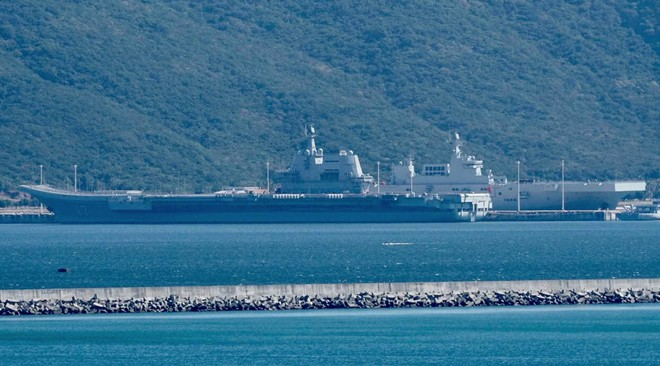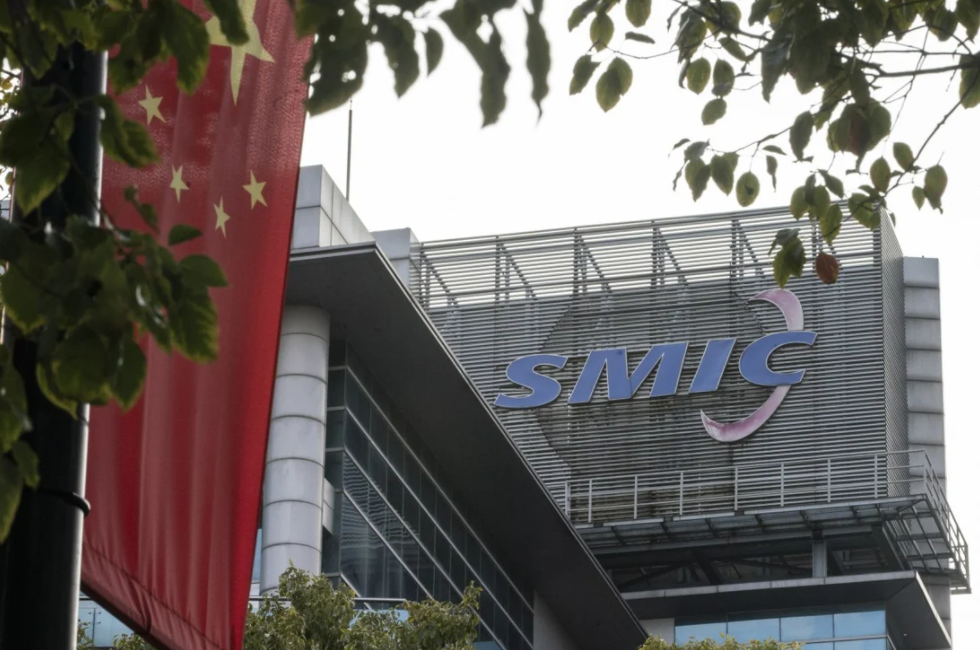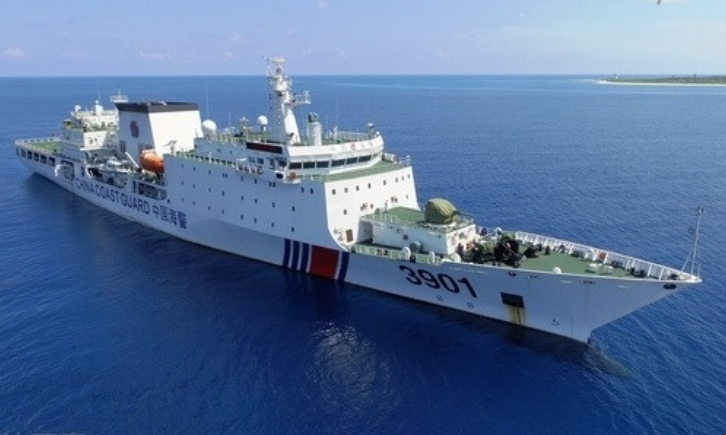China and Europe reach investment deal, despite US concerns
Brussels and Beijing have been negotiating the Comprehensive Agreement on Investment for seven years, but talks gathered pace in recent months ahead of a joint deadline that had been established for the end of 2020, according to CNN Business.
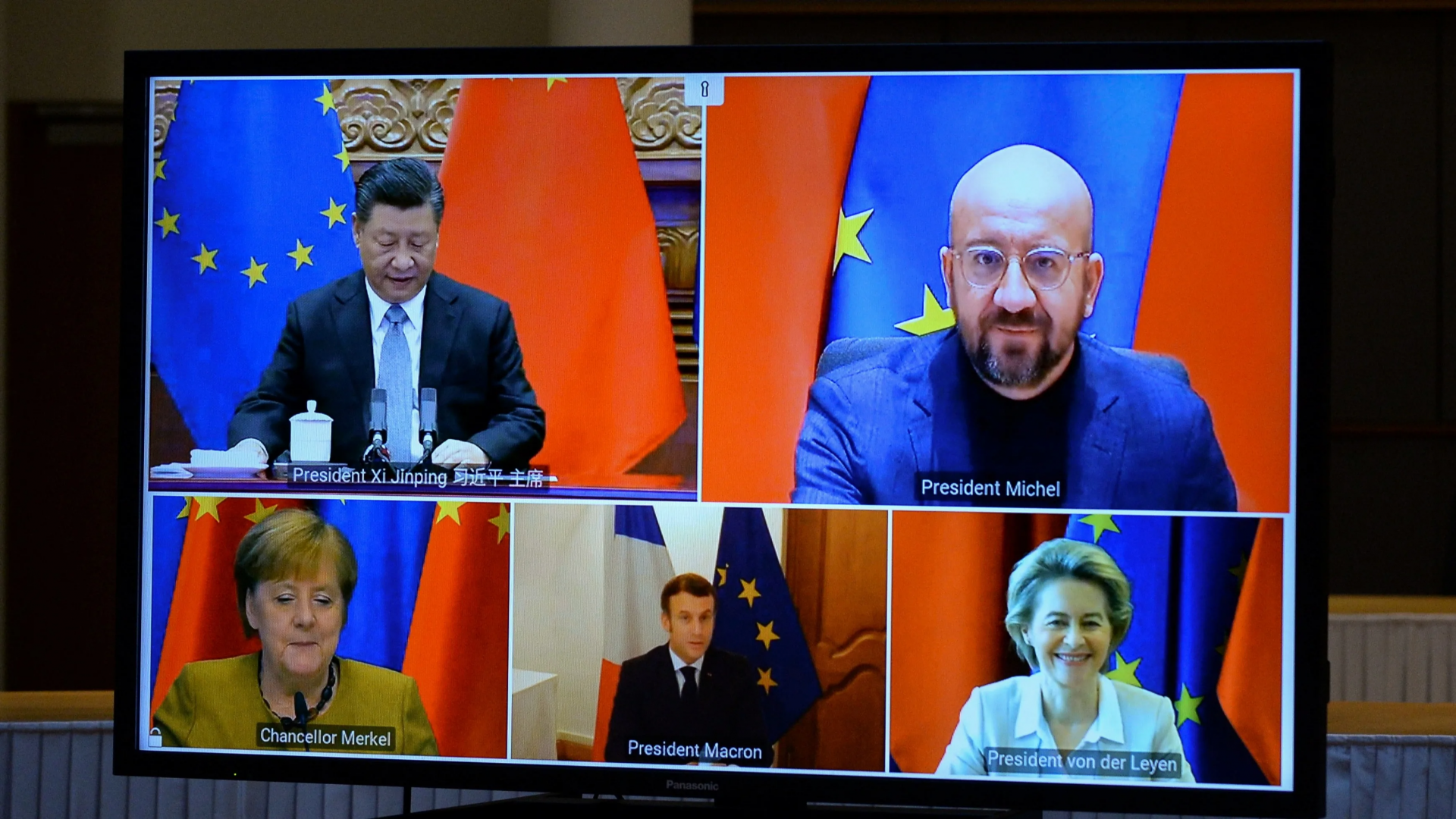 |
| Chinese President Xi Jinping, top left, and European leaders attend a videoconference Dec. 30 on the investment deal. (Photo: Reuters) |
The two sides wrapped up talks on the broad outlines of the Comprehensive Agreement on Investment in a video meeting attended by Chinese President Xi Jinping, European Council President Charles Michel, European Commission President Ursula von der Leyen, German Chancellor Angela Merkel and French President Emmanuel Macron.
The investment deal, which Brussels and Beijing began negotiating in 2014, is expected to give a boost to European companies seeking to enter the Chinese market and revive European economies hit hard by the coronavirus pandemic. For China, the agreement -- coming close on the heels of the recently signed Regional Comprehensive Economic Partnership -- further enhances its international influence, told the Nikkei Asia.
"The European Union has the largest single market in the world. We are open for business but we are attached to reciprocity, level playing field and values," European Commission President Ursula von der Leyen said on Twitter.
The Commission described the agreement as one of "major economic significance." The deal will help promote sustainable development, and improve market access for EU investors across sectors including health, financial services and electric vehicles.
The Commission said the deal, which was a priority pushed by German Chancellor Angela Merkel, will also lay down "clear obligations on Chinese state-owned enterprises," which are often heavily subsidized. The agreement also establishes rules against forced technology transfers.
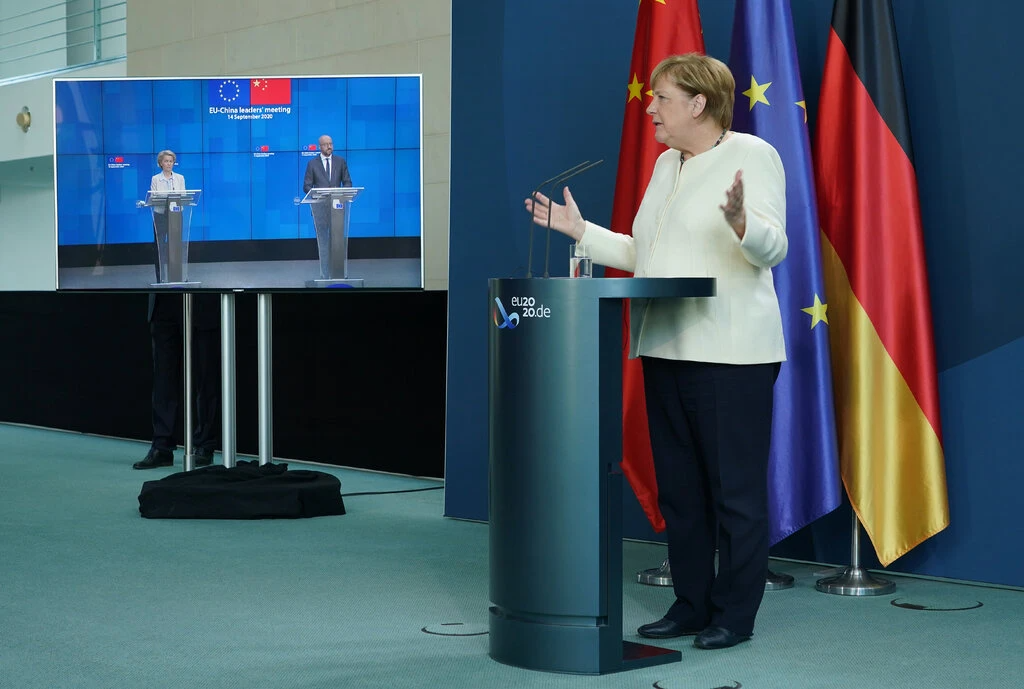 |
| Chancellor Angela Merkel of Germany pushed the accord because of its importance to German manufacturers. (Photo: The New York Times) |
President Xi Jinping said the treaty will "greatly boost world economic recovery in the post-pandemic era" and "enhance the international community's confidence in economic globalization and free trade," according to the official Xinhua News Agency.
The two sides clinched the deal before U.S. President-elect Joe Biden takes office next month, and questions remain as to how the incoming administration will respond. Biden's team had warned Brussels this month against an overly hasty deal, citing "common concerns about China's economic practices."
According to Nikkei Asia, some analysts warned that the China-EU agreement risks splintering a united front against some of Beijing's more problematic economic measures.
Under the EU investment agreement, China has committed to "work towards" the ratification of international rules banning forced labor, the Commission said. But that may not be enough to address concerns over China's repression of Uyghurs and other Muslim ethnic minority groups, huge numbers of whom have been detained in camps.
Chinese state media has taken note of the challenges involved in reaching a deal.
"China-Europe relations are complex, because there are many contradictions and conflicts. In particular, ideology-driven forces in Europe are quite active," the editorial board of the Global Times, a state-run tabloid, wrote in September. "They want to show their presence in China affairs and would make troubles."
The EU has suffered an economic blow from the coronavirus pandemic, and many members including Germany strongly supported the deal with China. But the agreement still needs to be ratified by the European Parliament, which could pose a challenge given the body's concerns over China's treatment of its Uighur Muslim minority and crackdown in Hong Kong, told the Nikkei Asia.
Still, the editorial board said it believed the relationship between the two governments could withstand "US meddling," adding that Europe has no other option "except for strengthening pragmatic cooperation with China."
Recommended
 World
World
Pakistan NCRC report explores emerging child rights issues
 World
World
"India has right to defend herself against terror," says German Foreign Minister, endorses Op Sindoor
 World
World
‘We stand with India’: Japan, UAE back New Delhi over its global outreach against terror
 World
World
'Action Was Entirely Justifiable': Former US NSA John Bolton Backs India's Right After Pahalgam Attack
 World
World
Nifty, Sensex jumped more than 2% in opening as India-Pakistan tensions ease
 World
World
India strikes back at terrorists with Operation Sindoor
 World
World
India sending Holy Relics of Lord Buddha to Vietnam a special gesture, has generated tremendous spiritual faith: Kiren Rijiju
 World
World

